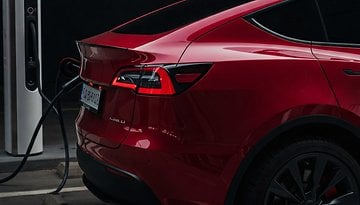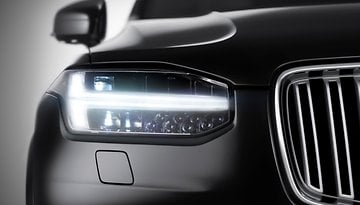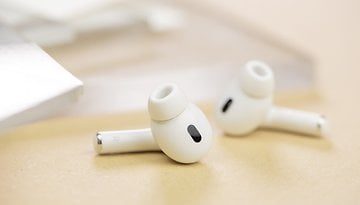Spring Driving: Essential Vehicle Checks to Save Money


Read in other languages:
For drivers, the start of spring means more than just sunshine and pleasant weather. They have an extremely important task to attend to. The TÜV Association gave valuable advice on spring vehicle checks. If you were to remain idle and do nothing, then you can expect to live with higher fuel costs.
Drivers should take care of their vehicles at the same time the barbecue season begins. Those who fail to do so risk not only a deterioration in driving safety and a loss in their vehicle's value but also unnecessarily high fuel costs due to increased fuel consumption. Many of these problems can be avoided with a few simple maintenance measures. The TÜV Association listed practical tips that can be divided into three main areas.
Cleaning
Winter has not only been a challenge for humans but also their cars. For the former, a mulled wine is enough to chase the winter chill from their bones. In contrast, vehicles need a thorough cleaning in spring to remove salt residue and dirt. This is not only important for aesthetic reasons but also to maintain the value and safety of the car. Salt and dirt can damage the paintwork, undercarriage, and brakes, leading to rust and increased wear.
It is therefore advisable to begin spring with a thorough car wash, paying close attention to the undercarriage as well. Also make sure to thoroughly clean the windows, mirrors, and headlights. Mold may have formed inside the car during the winter months. The cabin filter should also be changed or at least cleaned.
- Car wash with a special focus on the undercarriage, windows, mirrors, and headlights
- Change or clean the cabin filter
Top up all the relevant fluids
In addition to cleaning, you should also check the fluid levels of your vehicle. Coolant, brake fluid, windshield wiper fluid, and engine oil are of particular importance. The so-called "blinker fluid," on the other hand, can be disregarded. However, it's not just about the fluid level, the quality of these fluids is equally important. "Engine oil, in particular, loses its viscosity over time, changing it in accordance with the manufacturer's instructions ensures optimum engine running," mentioned Frank Schneider, vehicle technology officer at the TÜV Association. The engine oil not only protects the engine but also has an impact on fuel efficiency, which in turn affects your wallet.
- Check the fluid levels and quality of coolant, brake fluid, windshield wiper fluid, and engine oil
Tires
The third important area of concern would be the tires. As soon as the outside temperature consistently remains above 44 degrees (7°C), you should switch to summer tires. Thanks to their special rubber compound, they offer optimum grip and shorter braking distances in warm weather. Another advantage of making the tire switch? Winter tires boast a higher rolling resistance at high temperatures, which can lead to an increase in fuel consumption. According to the TÜV, your fuel consumption can increase by up to 10 percent. Incidentally, summer tires are not compulsory, as can be attested to by the number of compounds issued. However, if you were to drive with summer tires in winter, you can expect to be fined as well in certain places in Europe.
Tire pressure fluctuates due to temperature changes. It is therefore advisable to check the pressure monthly. Even a 0.2 bar lower value can increase rolling resistance and increase fuel consumption by up to 3 percent, according to Schneider. However, measuring your tire pressure should always be carried out on cold tires.
Don't have a car of your own? Mercedes and BMW turn their backs on FreeNow
The TÜV Association also referred to so-called mobility or seasonal checks. These are comparatively inexpensive and include a check of the chassis, suspension, and shock absorbers. However, as they are not part of the usual self-performed spring check, we have not dedicated a separate category to this aspect.
- Change to summer tires
- Check the tire pressure
Have a safe drive this spring!



















